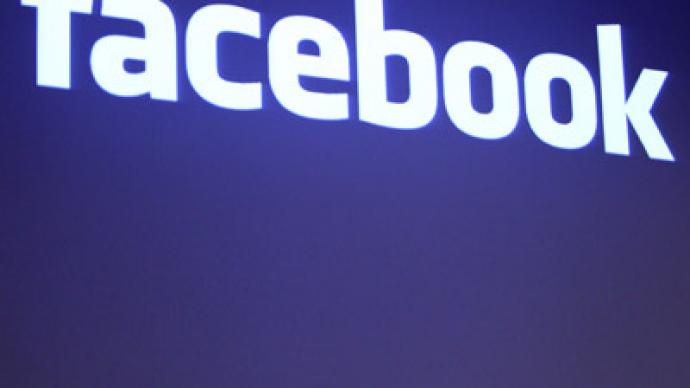Congress refused to protect privacy on Facebook

In the current state of the US economy it’s getting tougher and tougher to find a job. With an unemployment rate of 8.3 percent, according to the latest job numbers, saying yes to a job is a no brainer.
Now imagine in order to get the job you must disclose your Facebook password.On Tuesday night, House Republicans stopped a measure that would have allowed the Federal Communications Commission to prevent employers from forcing potential employees to disclose their Facebook passwords.Republicans who are against “big government,” have delivered a huge blow to the legislation that was presented by Democrats.The purpose of the legislation was part of a bill to implement new restrictions on the FCC rules after a series of cases where employers have requested access to social media accounts.“What this amendment does is it says you cannot demand as a condition of employment that somebody reveal a confidential password to their Facebook, to their Flickr, to their Twitter, whatever their account may be,” said Rep. Ed Perlmutter (D- Colo.).According to a post by Facebook, the company has “seen a distressing increase in reports of employers or others seeking to gain inappropriate access to people's Facebook profiles or private information.”The social media giant added that the practice “undermines the privacy expectations and the security of both the user and users' friends.”According to WANE.com, Anthony Juliano has been keeping a close watch on the growing trend. Juliano, a social media expert said, “it's really not new, but it's getting people’s attention because it is controversial,” he said.Juliano also added that he directly hasn’t heard of a case, but has confirmed the practice is more common in trades such as law enforcement.Many Facebook users find the notion of giving up their password a violation of their right to privacy and Perlmutter agrees.“If an employer wants to pose or impersonate the individual who’s had to turn over their confidential password that employer I think will be able to reach into personal private information of the user,” said Perlmutter.“And it only makes sense, because those that are using these kind of social media sites have an expectation of privacy. They have an expectation that their right to free speech or their right to free religion would be respected when they use these social media outlets,” he added.According to Representative Perlmutter, Facebook itself has opposed the practice.“If you are a Facebook user you should never have to share your password, let anyone access your account or do anything that might jeopardize the security of your account or violate the privacy of your friends,” said the statement release by Facebook.Perlmutter said the amendment is “simple” and is one everyone should “embrace.”Apparently not everyone saw it the same way.The measure was shot down with a 184 to 236 vote and no Republicans sided with the amendment.Rep. Greg Walden (R-Ore.), chairman of the Energy and Commerce Subcommittee on Communications and Technology, justified the vote by claiming "you don't protect the consumer."Walden added that he would be “happy” to work with Democrats on legislation because he thinks “this is a real issue that we all share, and that is protecting privacy. This doesn't do that."














